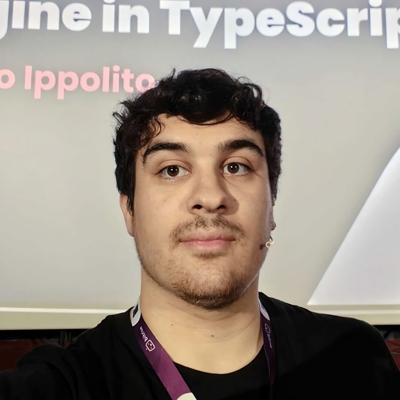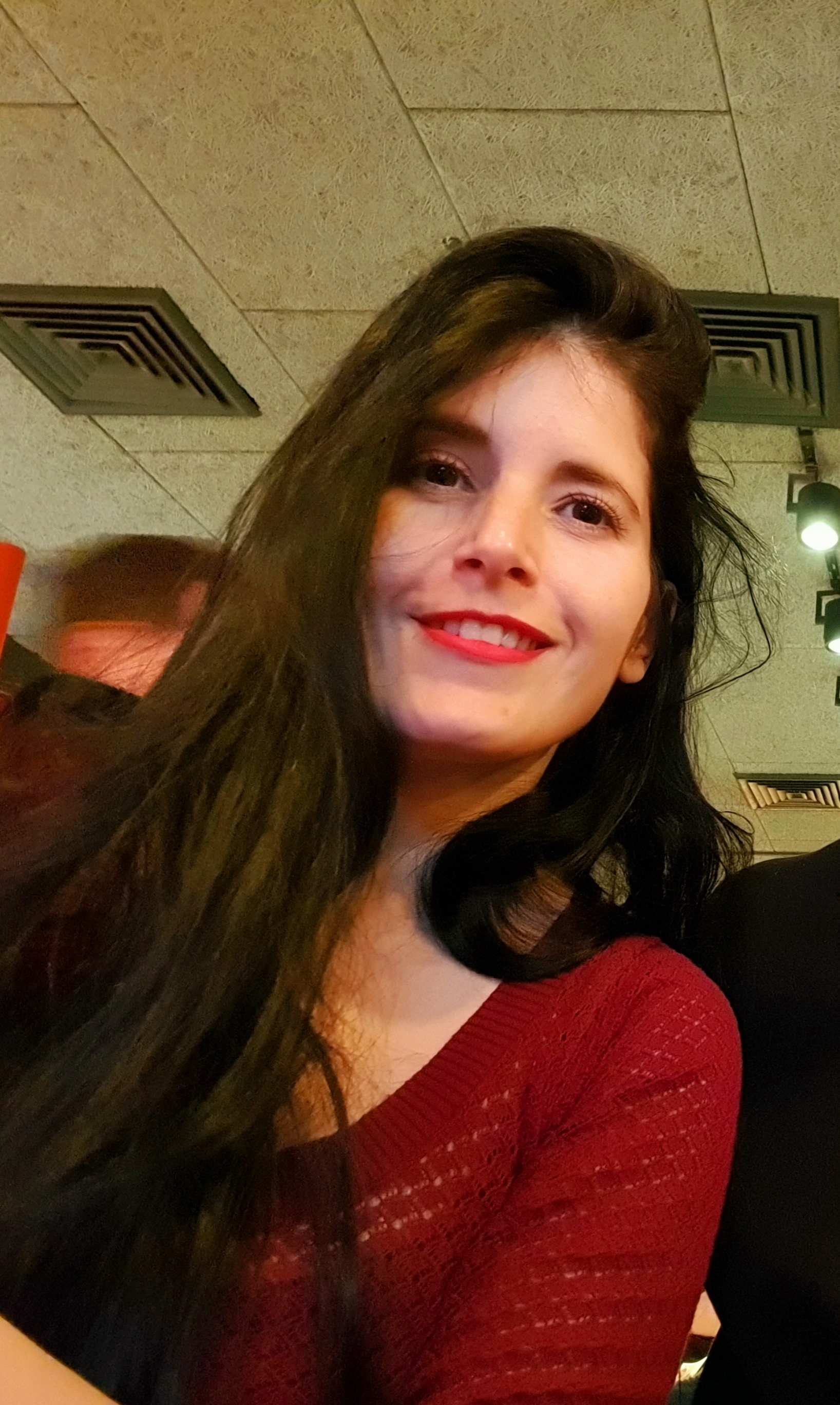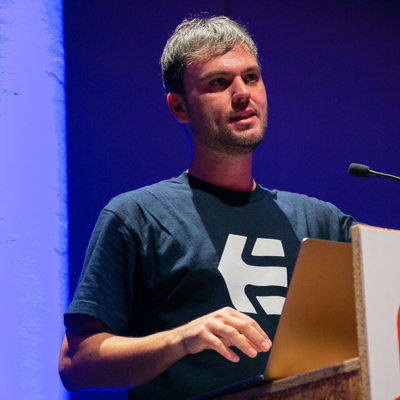Programma
18 novembre 2023
- 50 min English🚪 Potions Classroom
Improving Firebase Backend for Flutter App through Cloud Functions
This talk explores practical methods for improving serverless backends for Flutter apps using Firebase Cloud Functions. Attendees will gain insights into the benefits of serverless architecture and its seamless integration with Flutter. Discover how Firebase Cloud Functions empowers developers to efficiently handle your Firebase backend tasks such as data validation, notifications, and authentication and even build REST APIs. Moreover, the potential of leveraging AI assistance in cloud function development will be showcased, particularly for those who are unfamiliar with JavaScript or TypeScript.
- 50 min Italian🚪 Charms Classroom
Untold CQRS
Tutti siamo abituati a produrre o consumare API RESTful, attraverso metodi CRUD, ma siamo sicuri che sia sempre il modo migliore per far interagire il client con il server? In questo talk analizzeremo i vantaggi dell’approccio CQRS (e del pattern da cui deriva, CQS) evidenziando le differenze rispetto al classico paradigma CRUD.





